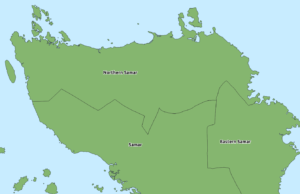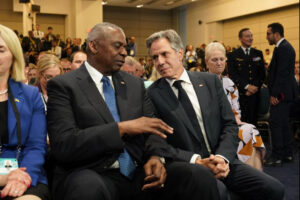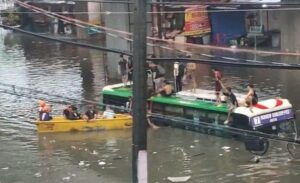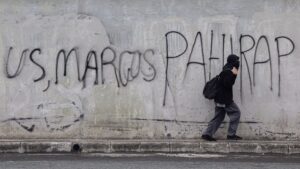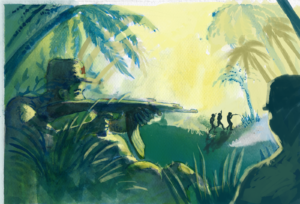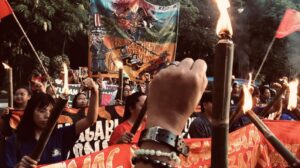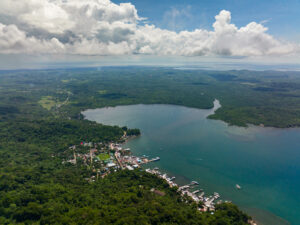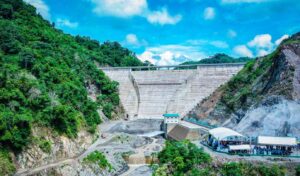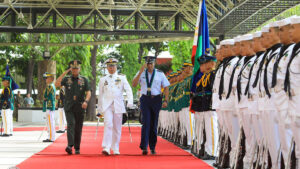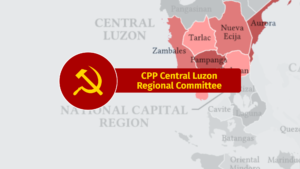Philippine's richest and most powerful are the most corrupt
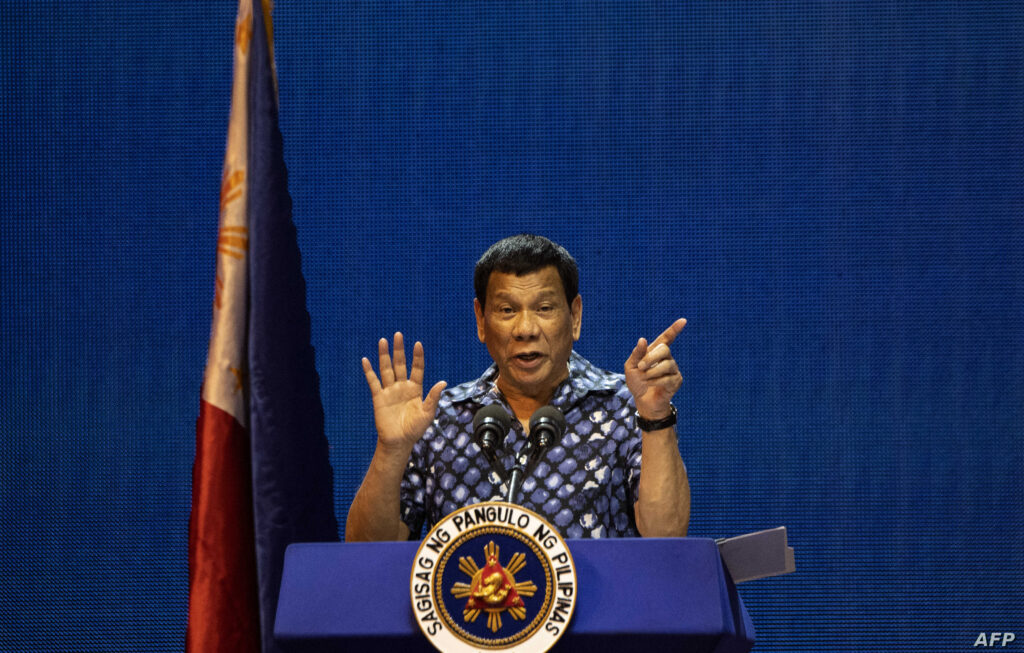
Translation/s: Pilipino
Corruption under the Duterte government is one of the biggest problems of the Filipino people. Instead of going to programs that improve the people’s economic, social and health well-being, massive amounts of state resources running to hundreds of billions of pesos line up the pockets of bureaucrat capitalists and their big bourgeois comprador cronies.
Over the past three months under the Covid-19, corruption has worsened and is being carried out more openly by Duterte and his key officials. Duterte himself is the mastermind of corruption. He has used his emergency powers to direct officials to carry out the purchase of overpriced equipment, grant contracts to favored private corporations for infrastructure building, and extend tax cuts to companies for their “donations.” He has repeatedly admitted in his public appearances that it was him who ordered Sec. Duque of the Department of Health to carry out the purchases of the equipment.
There is corruption not only in the DOH, but throughout all government agencies directed by the Inter-Agency Task Force, including the Armed Forces of the Philippines (AFP) and the Philippine National Police, under which Covid-19 purchases were centralized.
Corruption in the country is the business of the richest and most powerful. Duterte’s claims that “the wealthy do not need to steal from the government” is a gross distortion of the truth and a vain attempt to cover up his corruption and crimes against the people. The truth is, the richest and most powerful people in the Philippines are rich and powerful because they either steal from government or accumulate wealth by bribing the government.
Duterte himself comes from a family of bureaucrat capitalists who aggrandize wealth through state power and privileges. They connive with and cultivate cronies among the big bourgeois compradors who pay bribes or extend political and electoral support to whoever is in power in exchange for state franchises and protection, under pain of being subjected to legal and political persecution and property sequestration.
Under Duterte, bureaucratic capitalism has also melded with the criminal operations of syndicates in the smuggling and trafficking of illegal drugs, rice, sugar and other contraband.
Just as Marcos had the Cojuangcos, Benedictos, Disinis and others, the Duterte regime has its own most-favored big bourgeois compradors including the Villars (whose scion is secretary of the Department of Public Works and Highways, a key agency in the Villars real estate business), Lucio Tan, the Sys, Ramon Ang, Dennis Uy, Razon and so on.
Every government in the country’s history–from Quezon to Duterte–has been marked by corruption and scandals. Once sitting in power, the chief bureaucrat capitalist, i.e. the Philippine president, invariably aims to perpetuate themselves in power. They accumulate greater wealth and power the longer they stay in Malacañang. However, the longer they remain in power, the sharper the contradictions also become, between the various sections of the ruling elite, between those in power, and those outside; within the different factions in the ruling clique; as well as between the ruling state and the oppressed people, who suffer the most from bureaucrat capitalism and corruption.
The Filipino people are fed up with the corruption of the Duterte regime, which has in fact, worsened behind the mask of Duterte’s “I hate corruption” claims. . By plundering and pocketing the people’s money as the Filipino people face the Covid-19 pandemic, Duterte is further provoking the people’s repugnance against the ruling state and rousing them to rise up in the same way that they rose up against the corrupt Marcos dictatorship in 1986 and against the Estrada regime in 2001.

